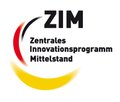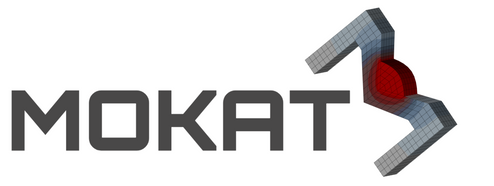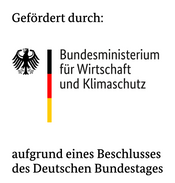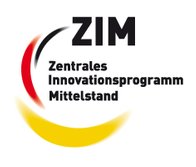Research for innovation in welding technology
MoKat stands for innovation in welding technology. A research project for the development of damage models for cold crack, load and crash simulation for automation and digitalisation in welding technology.
The publicly funded research project will enable complex welding and tensile tests to be replaced by numerical simulation in the future.
The aim of the current ZIM project is to develop a robust and cost-effective procedure for determining consistent material data on mechanical properties such as modulus of elasticity, tensile strength and elongation at break for both welding and crash simulation. Weld structure simulation allows the calculation of the microstructure after welding. The crash simulation cannot use the multiphase heterogeneous material structure after welding so far.



For the project partners, the Technology Institute for Metal & Engineering (TIME) with project manager Tobias Girresser and Dr.-Ing. Tobias Loose, the focus of the research project is on the exact simulation of practice, because only in this way is digitisation and automation possible. The aim is to save time and costs through simulation.
At present, there is a lack of consistent material maps for weld structure and crash simulation in order to determine phase-dependent limit loads depending on the structural transformations. The MoKaT research project is the basis for the prototype of a hybrid software tool. Validation is of the utmost importance, because the tool can only be used by industry if there is an exact match between theory and practice.
The exact simulation of processes replaces practical and costly experiments. The project will focus on two main aspects:
- The creation of material data for weld structure simulation with phase-dependent load limit criteria taking into account microstructural transformations.
- The creation of material data for the crash simulation based on the material data from the weld structure simulation.
Material maps will be generated by the software tool.
Prototype I will contain an initial evaluation method that converts the multi-phase material model from the welding simulation into a single-phase material model with failure criterion for the crash simulation, covering the material states in the seam and heat-affected zone area. This should make it possible to replace time-consuming welding and tensile tests with numerical simulations.
Research project for the development of damage models for welding simulation.
For the project partners, the Technology Institute for Metal & Engineering (TIME) with project manager Tobias Girresser and Dr.-Ing. Tobias Loose, Dr. Loose GmbH from Walzbachtal, the focus of the research project is on the exact simulation of practice, because only in this way is digitalisation and automation possible. The aim is to save time and costs for industry through simulation.
Dr. Tobias Loose, with his many years of experience in the field of numerical calculation for welding, and Tobias Girresser from the TIME Institute are responsible for this. This is one of the few institutions in Germany that deal with the validation of welding structure simulation.
The publicly funded research project MoKaT on cold crack, load and crash simulation is funded by the Central Innovation Programme for SMEs (ZIM) of the Federal Ministry of Economics and Climate Protection (BMWK).
Through ZIM, the BMWK promotes market-oriented technological research and development projects of the innovative SME sector in Germany. The aim is to sustainably support the innovative strength and competitiveness of companies.


Small and medium-sized enterprises and research institutions that cooperate with them receive grants for ambitious research and development projects that lead to new products, technical services or better production processes. The technological innovation content and good market opportunities of the funded R&D projects are essential for approval.
© Dr. Loose GmbH, alle Rechte vorbehalten | Impressum | Datenschutz | Rechtliche Hinweise